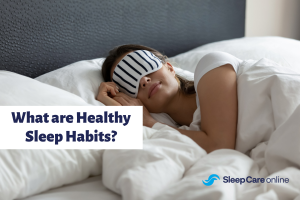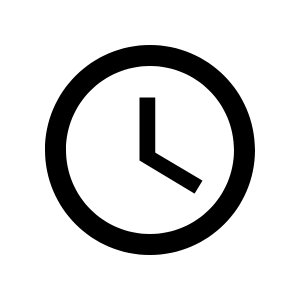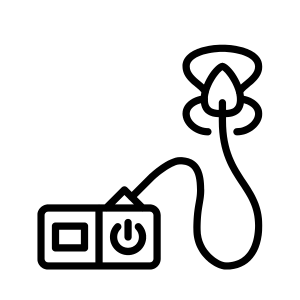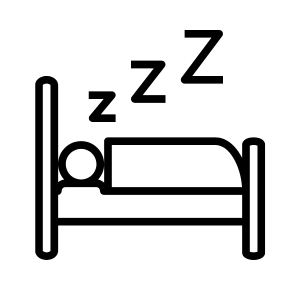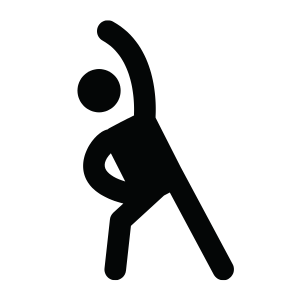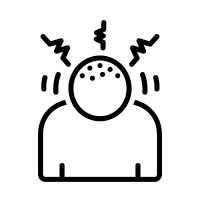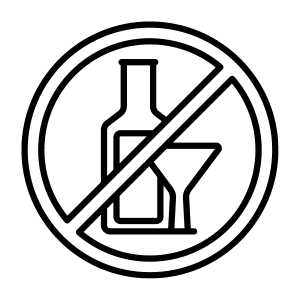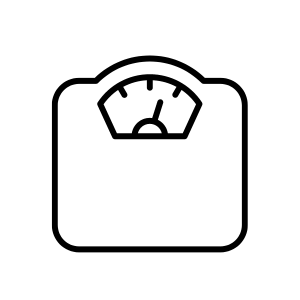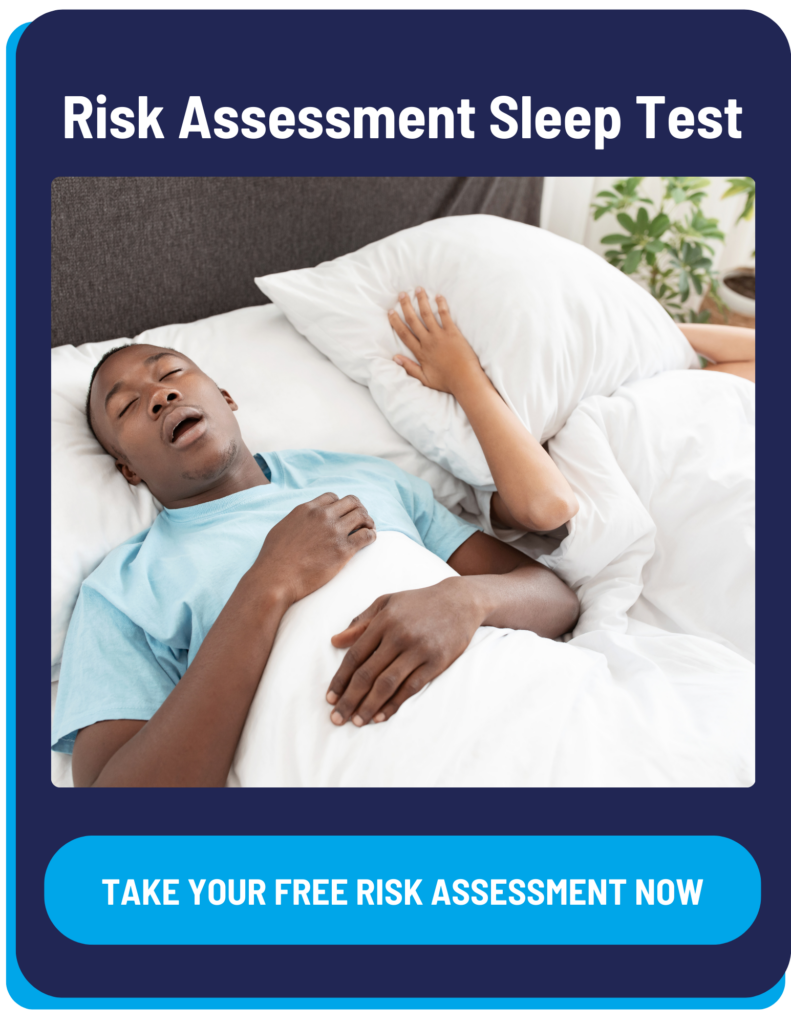Sleep is just as important to health as exercise and diet. For those managing obstructive sleep apnea, developing healthy sleep habits goes a long way to promoting a good night’s sleep free of interruption from apneas.
Tips For Healthy Sleep Habits for Those with Sleep Apnea
 Stick To A Sleep Schedule
Stick To A Sleep Schedule
Erratic sleep schedules are the enemy to good sleep. Follow specific times for when you go to bed and when you wake up. Your body will fall in line and adjust to your schedule. You will find that you will begin to get sleepy at specified bedtimes and wake up more refreshed pretty much the same time every morning.
 Use Your CPAP Machine Properly
Use Your CPAP Machine Properly
Staying CPAP compliant helps prevent apneas. Use your CPAP machine as prescribed by your doctor, according to pressure settings. Try not to skip CPAP therapy. Much like a set sleep schedule, regular use of your CPAP machine helps your body adjust to patterns of healthy sleep.
Choose The Best Sleeping Posture
Everyone has a favorite sleeping position. Do not try to force yourself to sleep in a position you feel is better for you. Your comfort comes first. Whether it be on your stomach or on your back, sleep the way you like so peaceful sleep comes easily.
 Choose The Right Pillow
Choose The Right Pillow
Pillows play an important role in sleep. Too soft or too firm, pillows can keep you up at night struggling to sleep comfortably. Try different pillows until you find the one that works best for you.
 Maintain A Healthy Lifestyle
Maintain A Healthy Lifestyle
A healthy lifestyle during the day contributes to healthy sleep at night. Try to get exercise and eat a balanced diet. Meditation before bedtime can also become a healthy habit that promotes a good night’s sleep.
 Avoid Watching Television Before Going To Sleep
Avoid Watching Television Before Going To Sleep
TV before bedtime can be disruptive to healthy sleep. TV, your computer, and your phone all use blue light screens which can trick your brain into thinking it is daytime-which is time to wake up. Avoiding these stimulating devices a few hours before bed can help you get to sleep more easily.
 Control Your Anxiety And Stress
Control Your Anxiety And Stress
Anxiety and stress may be an unfortunate part of your daily life. These powerful emotions can lead to insomnia and can exaggerate the symptoms of your sleep apnea. Try to manage your anxiety and stress as best you can by trying to relax before bedtime. Meditation and mindfulness can play a role in preventing the stress of life from interrupting your sleep.
 Avoid Caffeine, Nicotine, And Alcohol
Avoid Caffeine, Nicotine, And Alcohol
Stimulants like caffeine, nicotine, and alcohol can all disrupt sleep. Avoid coffee and other caffeinated beverages like soft drinks before bedtime as they can keep you up. Smoking before bed restricts blood vessels and can negatively impact CPAP therapy. A nightcap may seem like a good idea, but alcohol disrupts healthy sleep cycles and can lead to restless nights.
 Do Regular Exercise
Do Regular Exercise
Regular exercise stimulates healthy sleep by simply making you tired. Excess energy that can lead to restless sleep is burned off. Stress can also be alleviated with regular exercise, so it doesn’t interrupt a good night’s sleep.
 Determine If Weight Loss Can Help
Determine If Weight Loss Can Help
Obesity is a common characteristic of those with sleep apnea. By focusing on weight loss, you can reduce the fatty tissue around the throat that can cause the airway to close, thus reducing the frequency of apneas.
 Maintain A Healthy Diet
Maintain A Healthy Diet
A healthy diet includes smaller portions, not eating before bedtime and focusing on healthy foods such as fruits and vegetables. Heavier meals and meals that are high fat can contribute to weight gain, which can affect your sleep apnea. Also, lighter meals are easier to digest and less likely to disturb sleep.
How to Get Diagnosed With Sleep Apnea
If you are not sure if you have sleep apnea, it is time to get a diagnosis. It can even be done at home. Sleep Care Online offers a Complete Care package that is an all-inclusive home sleep study kit. You can conduct the testing at home, in the comfort of your own bed, and get your results online. It’s that easy.
When To See A Doctor
Part of your home sleep study package will include recommendations for a CPAP machine if you have sleep apnea. If you have difficulty adjusting to CPAP therapy, or find the prescribed pressure settings disruptive, speak to your doctor to find solutions. Along with maintaining healthy sleep habits, your CPAP therapy is the best medicine for better sleep.
Key Takeaways
While healthy sleep habits may help, they may not be enough if you suffer from sleep apnea. Get tested and seek the help of sleep professionals if you are diagnosed with sleep apnea. A CPAP machine, when properly used, can help you avoid the unpleasant symptoms of sleep apnea and help you get the healthy sleep you need.

